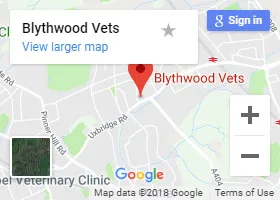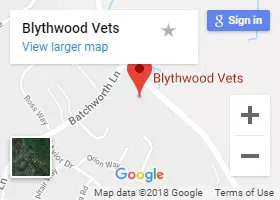What Are Tapeworms & How Do They Affect Dogs?
Tapeworms are intestinal parasites that can affect dogs. They are long, flat, and segmented in appearance, resembling ribbons. These parasites use small, hook-like mouthparts to attach themselves to the lining of the small intestine. While a mild infestation may not cause serious illness, a heavy burden of tapeworms can result in discomfort and other health concerns for your dog.
Symptoms of Tapeworm in Dogs
The most common sign of tapeworm in dogs is the presence of small, white, rice-like segments in your dog’s faeces or around their anus. These segments contain eggs and may sometimes move. Other symptoms can include:
-
Scooting – dragging their bottom along the ground due to irritation.

-
Excessive licking around the anal area.
-
Vomiting – occasionally, tapeworm segments may be brought up.
-
Weight loss – in heavy infestations, as tapeworms absorb nutrients.
-
Increased appetite despite maintaining or losing weight.
-
Dull coat or a decline in coat condition.
If you notice any of these signs, it’s best to book an appointment with our veterinary team.
How Do Dogs Get Tapeworm?
The most common way dogs pick up tapeworm is by ingesting fleas carrying tapeworm larvae. This often happens during grooming if a dog chews or licks at fleas on their coat. Once swallowed, the larvae develop into adult tapeworms in the intestine.
Tapeworms are not usually spread directly from one dog to another – an intermediate host is required, which may also include small prey animals such as rodents or rabbits.
Book a dog flea and worm treatment appointment
Preventing Tapeworm in Dogs
Protecting your dog from tapeworm involves both parasite prevention and reducing exposure to potential sources:
-
Effective flea control – regular flea prevention is the most important step.
-
Routine worming treatments – many broad-spectrum wormers prescribed by your vet protect against tapeworms.
-
Discourage hunting and scavenging – this reduces the risk of ingesting infected prey animals.
-
Good hygiene – clean up faeces promptly to help reduce environmental contamination.
Treating Tapeworm in Dogs
If you suspect your dog may have a tapeworm infection, contact us at Blythwood Vets. Our vets can examine your dog and may recommend a faecal test if needed. If worms are confirmed or suspected, we can prescribe an effective deworming treatment to eliminate the parasites and help you set up a prevention plan to protect your dog in the future.
Contact us at your local Blythwood Vets
Tapeworm in Dogs FAQs
Can Dogs Get Tapeworm in the UK?
Yes – tapeworms are a common intestinal parasite in dogs across the UK.
How Common Are Tapeworms in Dogs?
Tapeworm infections are relatively common, especially in dogs that are not on regular flea or worming preventative treatments, or those that have access to fleas or prey animals such as rodents or rabbits.
Can You See Tapeworm in Dog Poo?
Yes – the most recognisable sign of a tapeworm infection is spotting small, white, rice-like segments in your dog’s faeces or around their anus. These segments may sometimes move and contain tapeworm eggs.
Can Humans Get Tapeworm from Dogs?
Although uncommon, certain types of tapeworm that infect dogs can also affect humans. This usually happens if a person accidentally ingests infected flea larvae (linked to the most common dog tapeworm) or eggs passed in dog faeces. Maintaining effective flea and worm control for your pet greatly reduces this risk.






